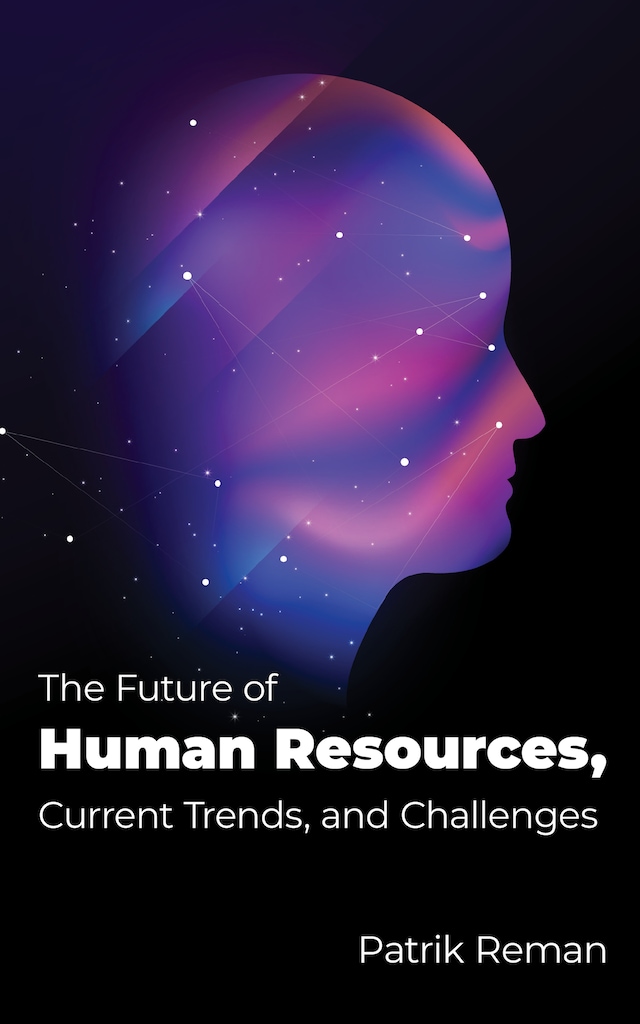
The Future of Human Resources
Current Trends and Challenges
Description of book
HR has always been an essential part of a company's inner workings, but with changing times, HR departments have had to adapt to remain relevant. One of the significant changes in the business landscape that HR has had to respond to is the increasing business orientation.
In the past, HR departments primarily focused on employee welfare and benefits,
such as payroll and compensation, and they were not involved in the company's strategic planning. However, as businesses become more complex and competitive,
HR professionals have had to adopt a more business-oriented approach. They must collaborate with other departments to align their objectives with the company's and develop a comprehensive strategy for achieving them.
The text also highlights the historical background of HR departments, which originated during the Industrial Revolution. At that time, factory supervisors ensured workers produced consistent and standardised outcomes. However, in the digital age, technology has taken over the task of generating standardised outputs. This development has necessitated that today's HR departments plan for a future where technology and people collaborate to achieve corporate aims.
HR professionals who want to maintain relevance must consider the most effective strategy to expand their workforce while considering their technological and human resource skills. It implies that HR departments need to be able to identify and hire the proper individuals who can collaborate effectively with technology to achieve business goals. In addition, they must offer training programmes to assist employees in acquiring the skills essential to operating with technology.
 Patrik Reman
Patrik Reman 111 Pages
111 Pages